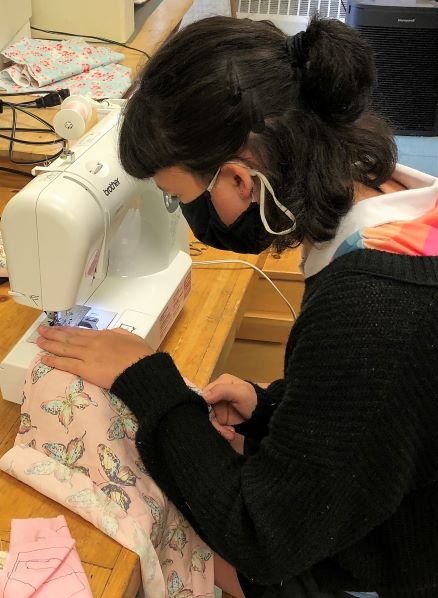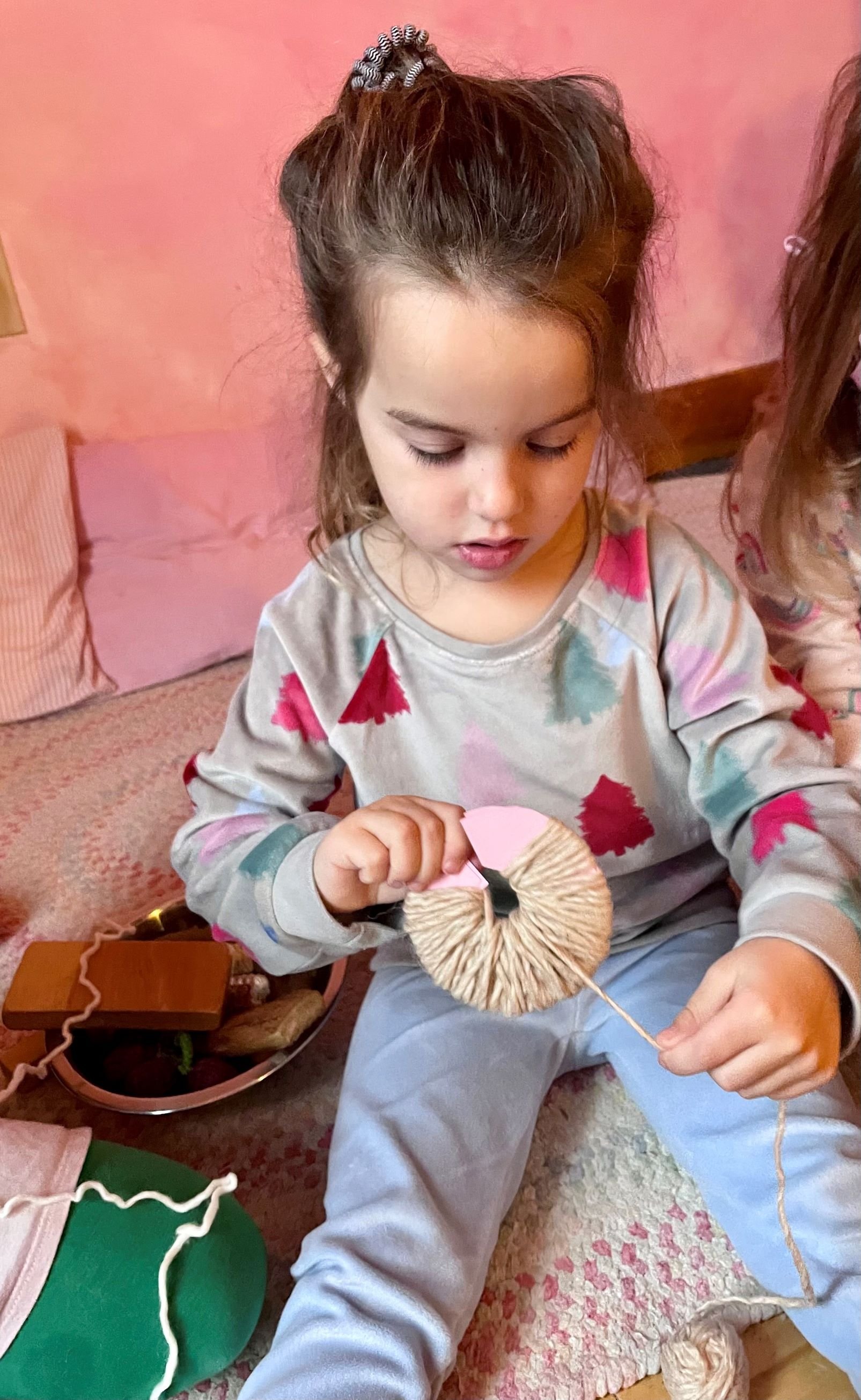Adaptability Quotient: Educating for an Uncertain Future
It is more important than ever to educate our students for adaptability as we navigate an increasingly uncertain and rapidly changing world.
The depth and breadth of the Waldorf curriculum challenges students and develops crucial capacities that will help them adapt and thrive throughout their lives, thereby strengthening their adaptability quotient, or AQ.
AQ is the ability to adapt to new situations, challenges, and environments. It involves being able to think creatively, be flexible, and take risks. These are all essential skills for success in an uncertain future, where the job market and the world of work are constantly changing.
At the Upper Valley Waldorf School, we believe that AQ is best developed through an education that is holistic and experiential. We focus on the development of the whole child, including their intellectual, physical, and emotional well-being, and we provide opportunities for students to learn through hands-on, experiential activities.
For instance, specialty subjects, such as handwork, woodwork, music, French, and movement help students learn new skills, to think creatively, and to develop their capacity for problem-solving and critical thinking. These activities help students to become more adaptable and resilient in the face of uncertainty and change.
Handwork and woodwork classes teach students practical skills that they can apply in real-world situations. Students develop their fine motor skills and their ability to think spatially as they work with their hands. They also learn how to work with varied materials and tools, which helps to build their creativity and problem-solving skills.
Music and movement, on the other hand, help students to develop their ability to express themselves emotionally and physically. These subjects allow students to explore different forms of self-expression and to connect with their bodies and emotions in meaningful ways. This type of embodied learning helps students to develop their AQ by improving their emotional regulation, awareness of others, and resilience.
Learning a foreign language, such as French, helps students to develop their communication skills and to expand their cultural understanding. AQ is enhanced as students learn to listen, live with discomfort, and develop understanding of the experience of others. AQ is also developed through the arts. By performing in plays, assemblies, and musical offerings, students learn how to think creatively, to take risks, and to adapt to new situations.
The curriculum in Waldorf schools has the essential elements of AQ embedded into every aspect of learning! This education prepares students for success in an ever-changing world.
Lufkin, B. (2019, November 6). Is AQ more important than IQ? BBC Worklife.
https://www.bbc.com/worklife/article/20191106-is-aq-more-important-than-intelligence




